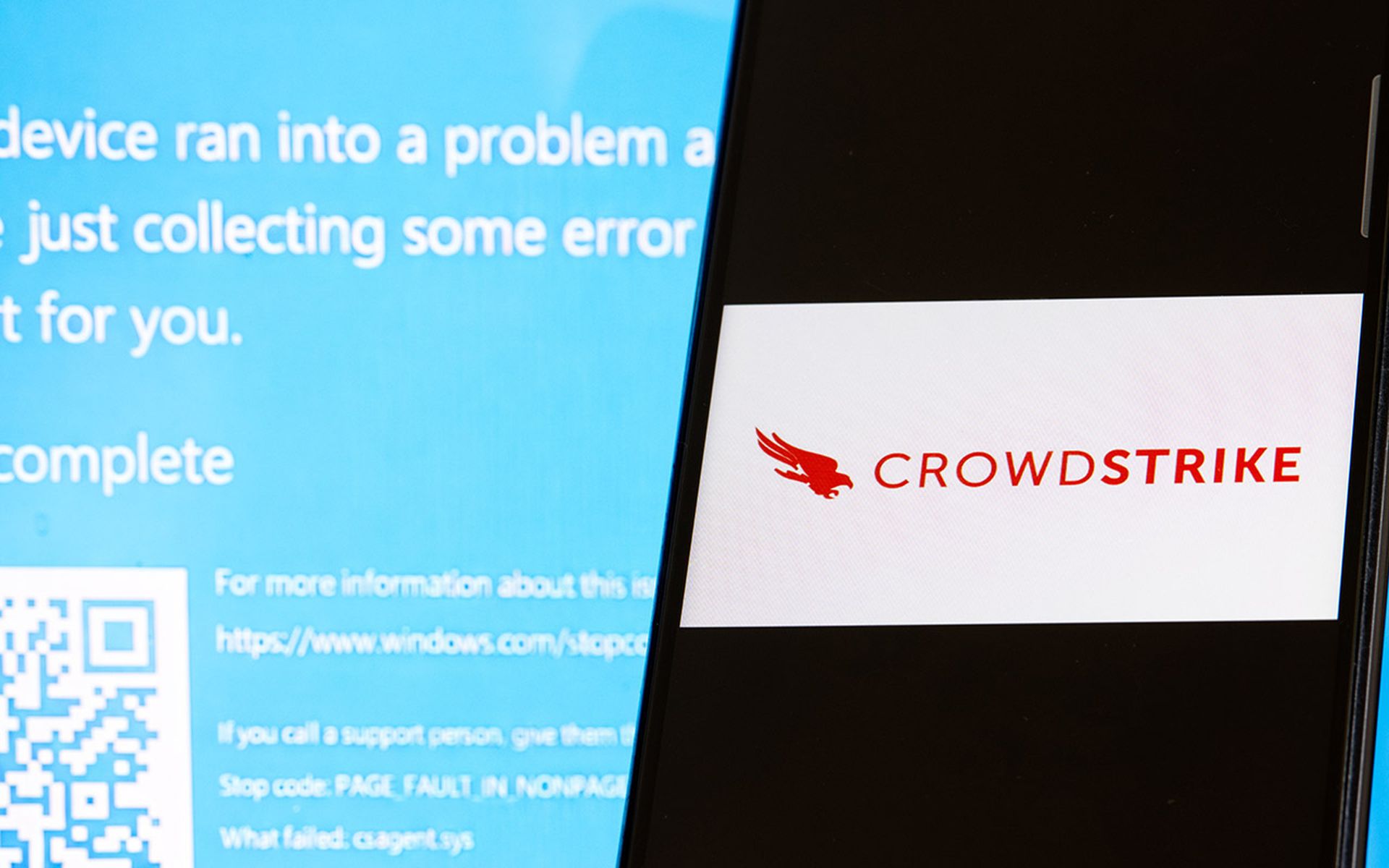
Andrew Moon has faced major adversity at least three times. The long-time entrepreneur and IT service provider navigated the dot-com bubble of 2000, the financial crisis of 2008 and his own health scare about a year ago. So what did he learn along the way? Perhaps most of all: It was time to get to know his son.
Moon's IT journey began in the late 1990s. A veteran of the car industry, he built an IT service provider that rode the dot-com wave -- until his dot-com customers all imploded within three months of each other in 2000 or so. Suddenly, "there were no clients, there was no revenue," says Moon.
He retreated to the car industry but by 2004 Moon and his wife had a son. The 70- to 80-hour work week in the car industry wasn't conducive to family life. So he regrouped and did a personal pivot. Again. Back into the IT industry and a reboot for his Network Logix business.
Starting with Manage Services
For about six to eight months in 2004 and 2005, Moon experimented with flat-rate services pricing. It was the early days of managed services. He reached back into the 1990s, and tried to apply some classic software like PC Anywhere to the emerging MSP model of 2005. But it wasn't really a fit. He also dabbled with RMM (remote monitoring and management) and PSA (professional services automation) tools. Through trial and error and research, Moon discovered Autotask's platform by mid-2005. "I was done tracking things manually," said Moon. "It was a key turning point for me."
The next inflection point or pivot arrived around 2008. The Wall Street financial and housing crisis was just starting to spill over into Main Street, U.S.A. The good news: Moon wasn't losing any customers. The bad news: He wasn't gaining any, either.
That's when Moon discovered Robin Robins and her Technology Marketing Toolkit. The toolkit helped Moon to refine his marketing messages into a specific niche -- apartment associations in and around Network Logix's target region of Ohio. Moon already had a few customers in the multi-family housing industry. He started showing up at related events, learning the industry pain points, and speaking at gatherings. The typical result: Three inbound calls for help, with a 66 percent conversion rate into paying customers.
The Exit and the Pivot
By 2013 or so, Moon couldn't keep up with his business momentum. Network Logix was a micro business by design -- leaning heavily on outsourcing many tasks to contractors. It was time for another inflection point and pivot.
Fortunately, Moon had options. Peer IT service providers within the Robin Robins network had expressed interest in his business. There were also local options. One of them turned into an M&A deal. In June of 2014, System Care Inc. acquired Network Logix, and Moon joined the new ownership.
But then came the next inflection point. It was late 2014, and some health problems cropped up. At the same time, Moon's son was growing up fast -- now around age 10. By December 2014, Moon exited the business and concentrated on his health and family.
Fast forward to the present and Moon is back on his feet. Through his latest company (Orange Nomad), Moon works behind the scenes -- helping peer MSPs with sales, marketing and other strategic tasks.
Looking Back and Ahead
The takeaways? There are plenty. For starters, macro-economic forces (a dot-com implosion, a Wall Street financial crisis) can emerge at any hour. And manual tasks will kill you. Even if you manage to automate much of your business, time doesn't stop at home while you're away at work. And at some point, your body will reject a tireless work ethic.
Moon learned that and more over the past 20 years. But he's sounding healthy these days. And the Orange Nomad is once again on the move -- helping some key MSPs to avoid the life-work mistakes he's made along the way.





